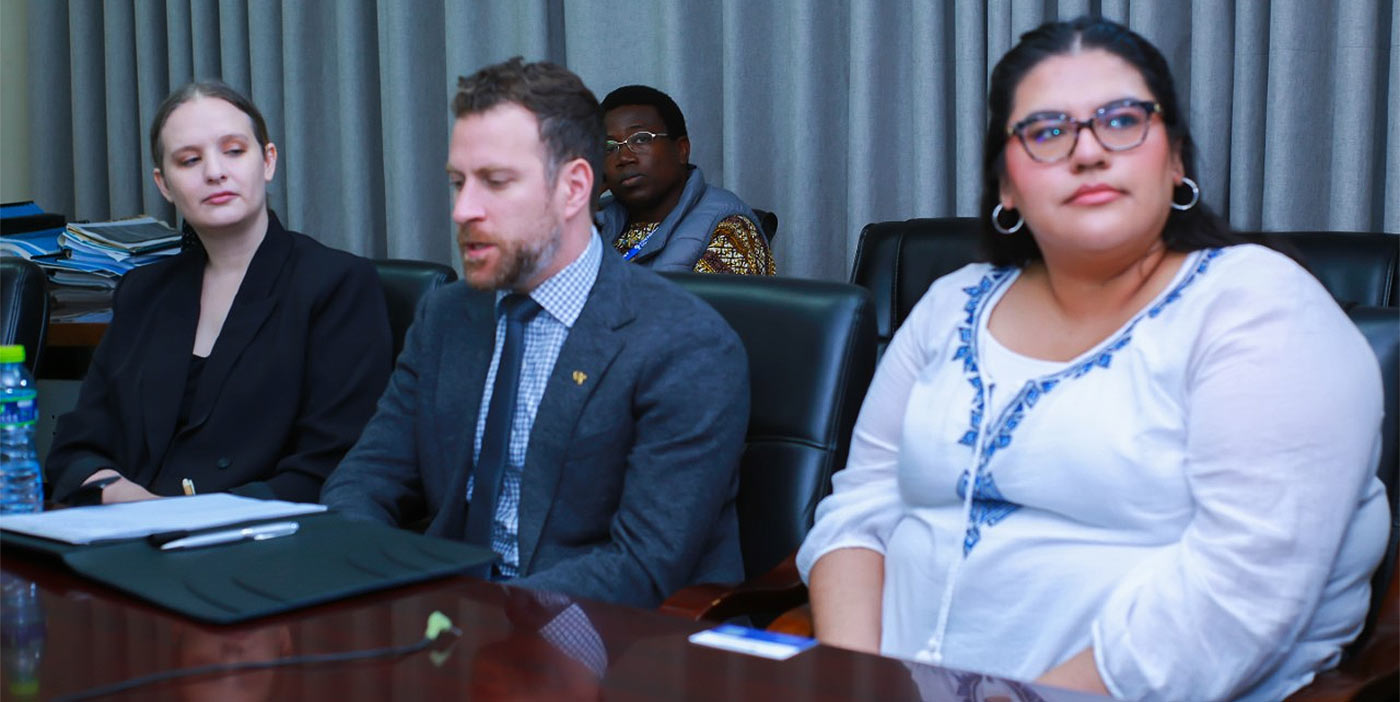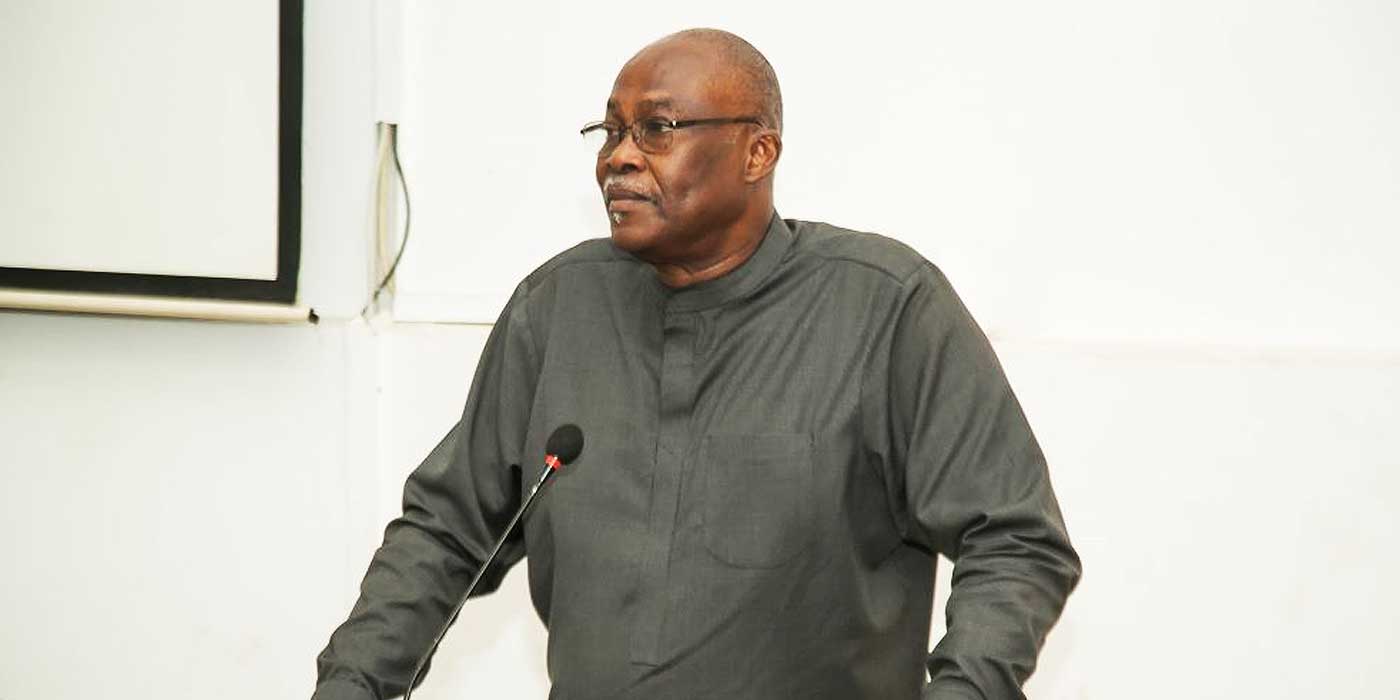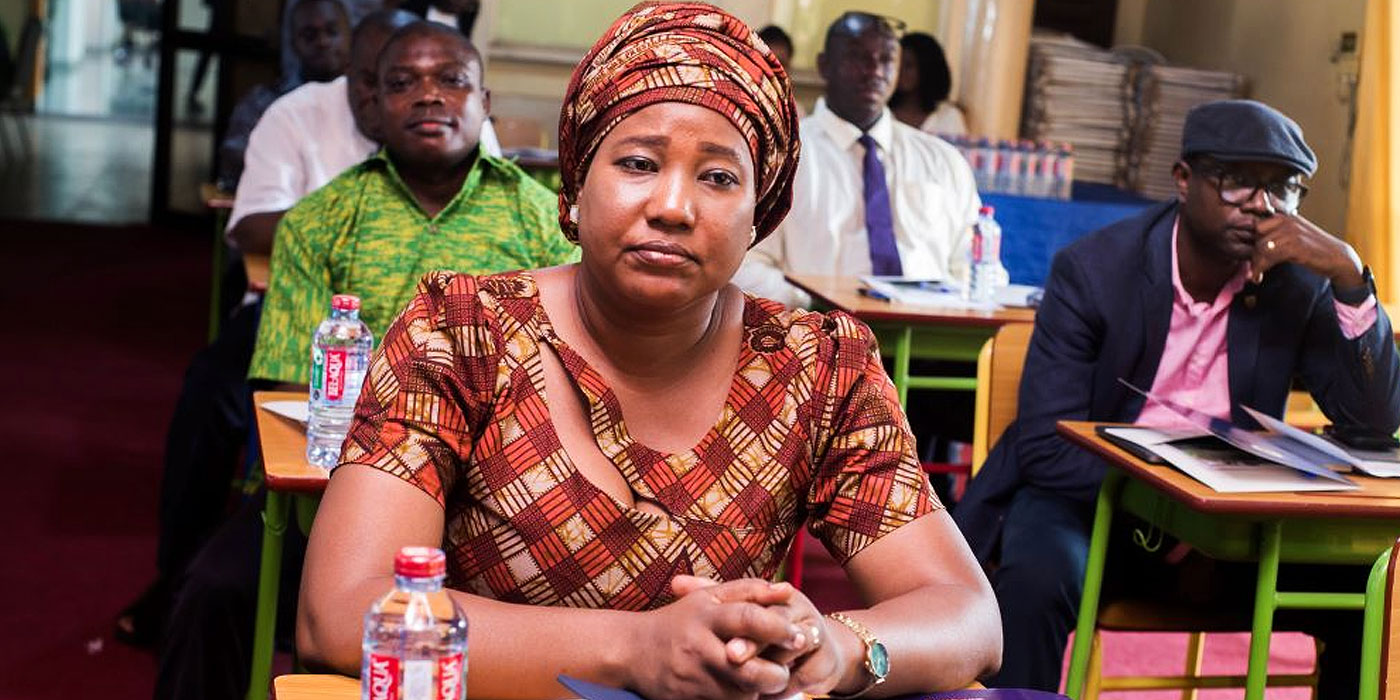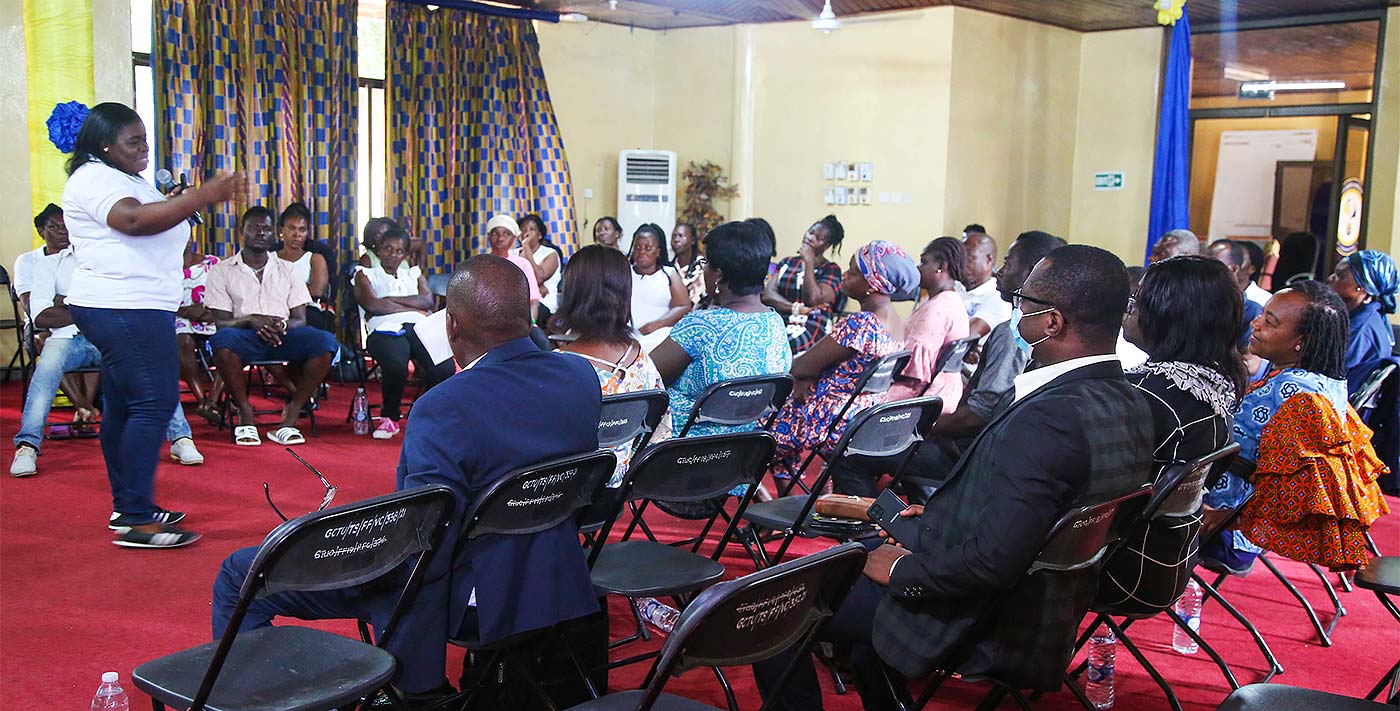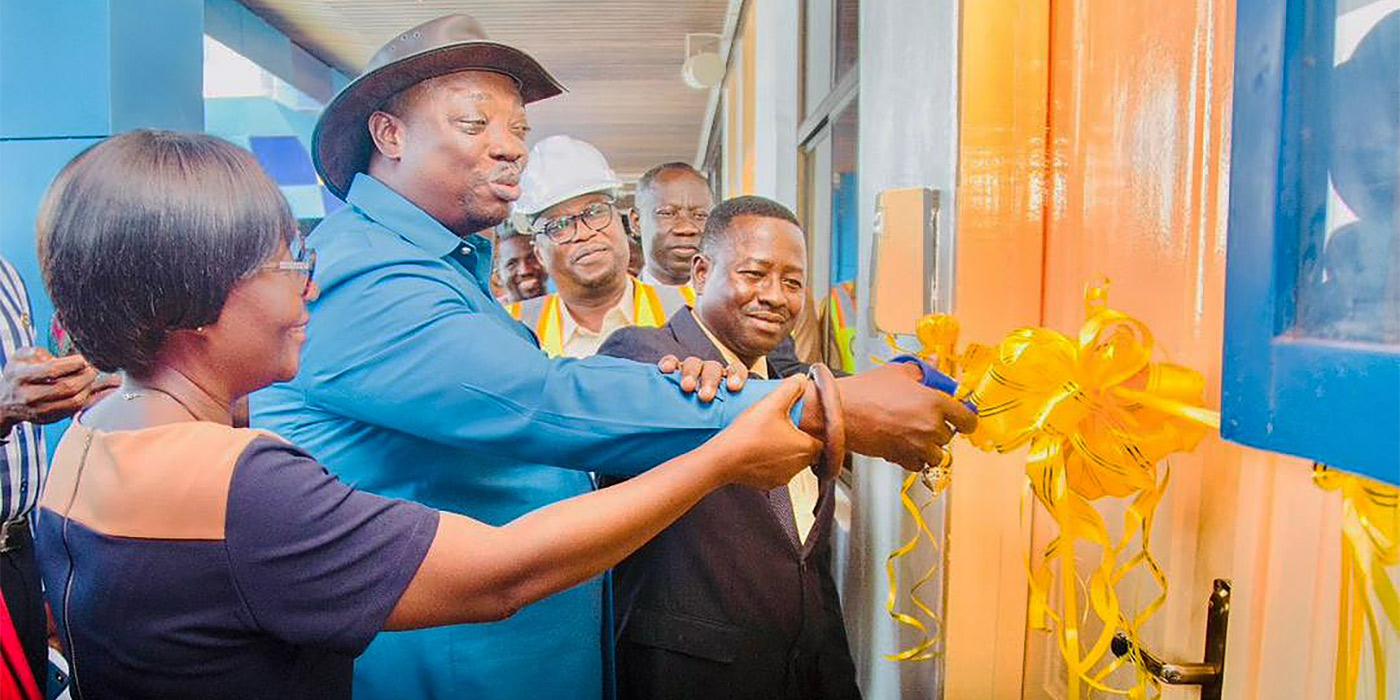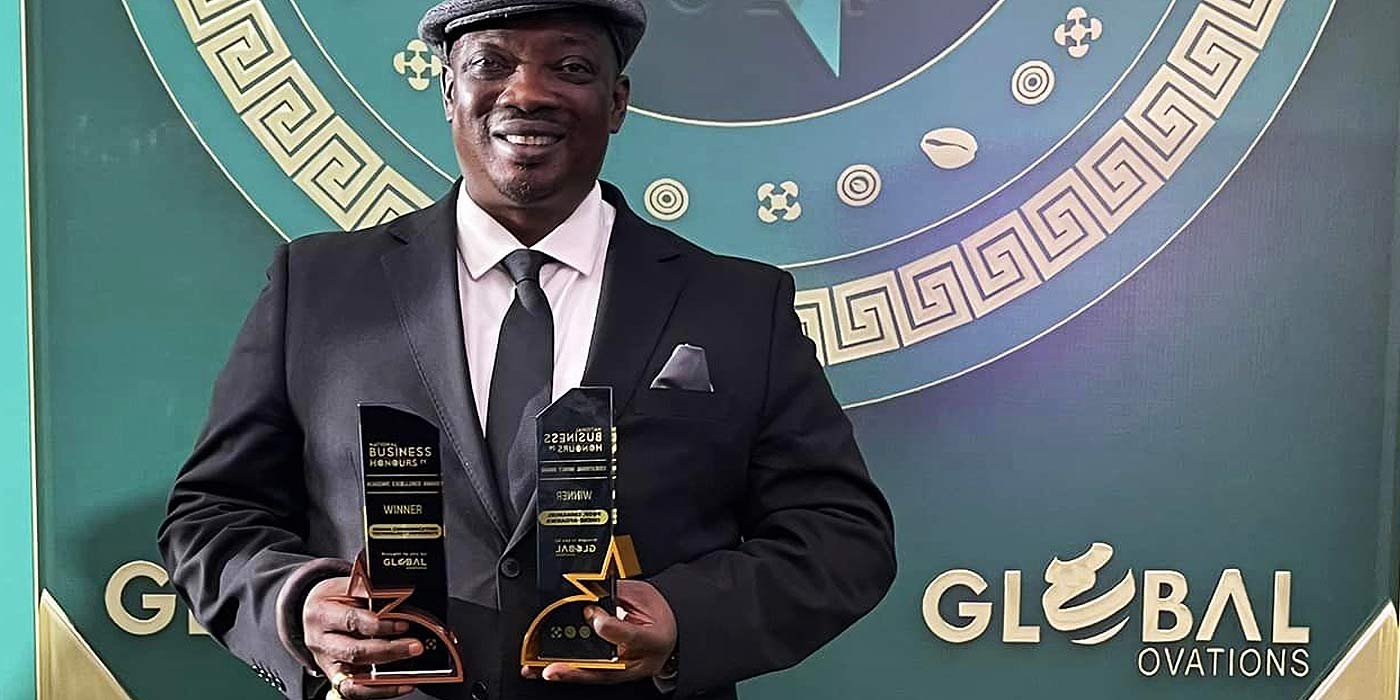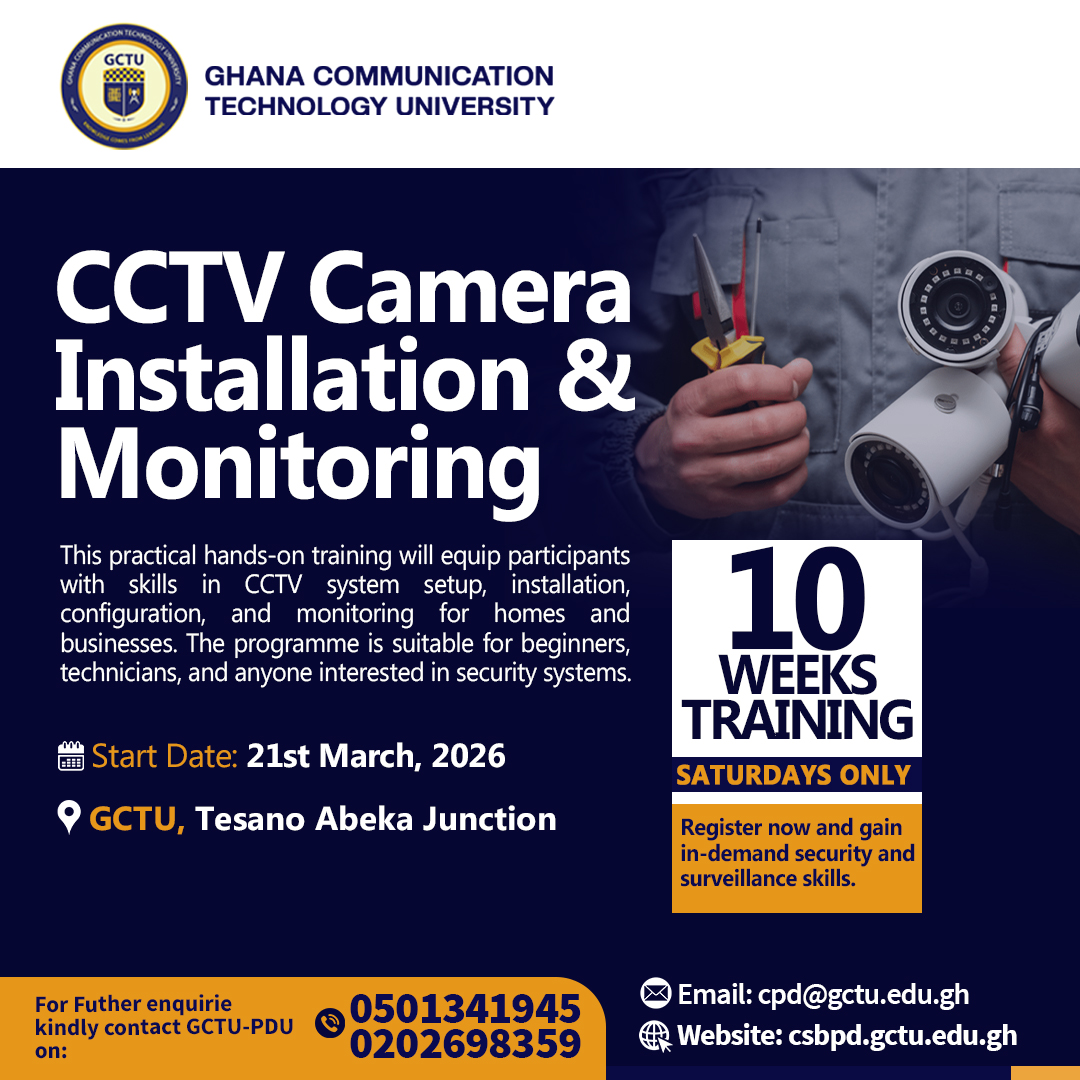
During the maiden meeting of the Vision 20 by 30 mentorship club on Friday, July 15 , 2022, the Vice-Chancellor, Prof. Emmanuel Ohene Afoakwa gave an informative and insightful address to the mentees on the University’s promotion criteria. Specifically, Prof. Afoakwa highlighted the need to be “well versed” in the quest to attain the rank of professorship, emphasizing the importance of building specialized competence in a particular research area.
Three months on from the launch of the VC’s Vision 20 by 30 agenda, which seeks to mentor and fast-track the promotion of at least 20 senior lecturers in the university to the rank of professor by the year 2030, the VC met the mentees of the programme to discuss the criteria for promotion through the ranks in the university.
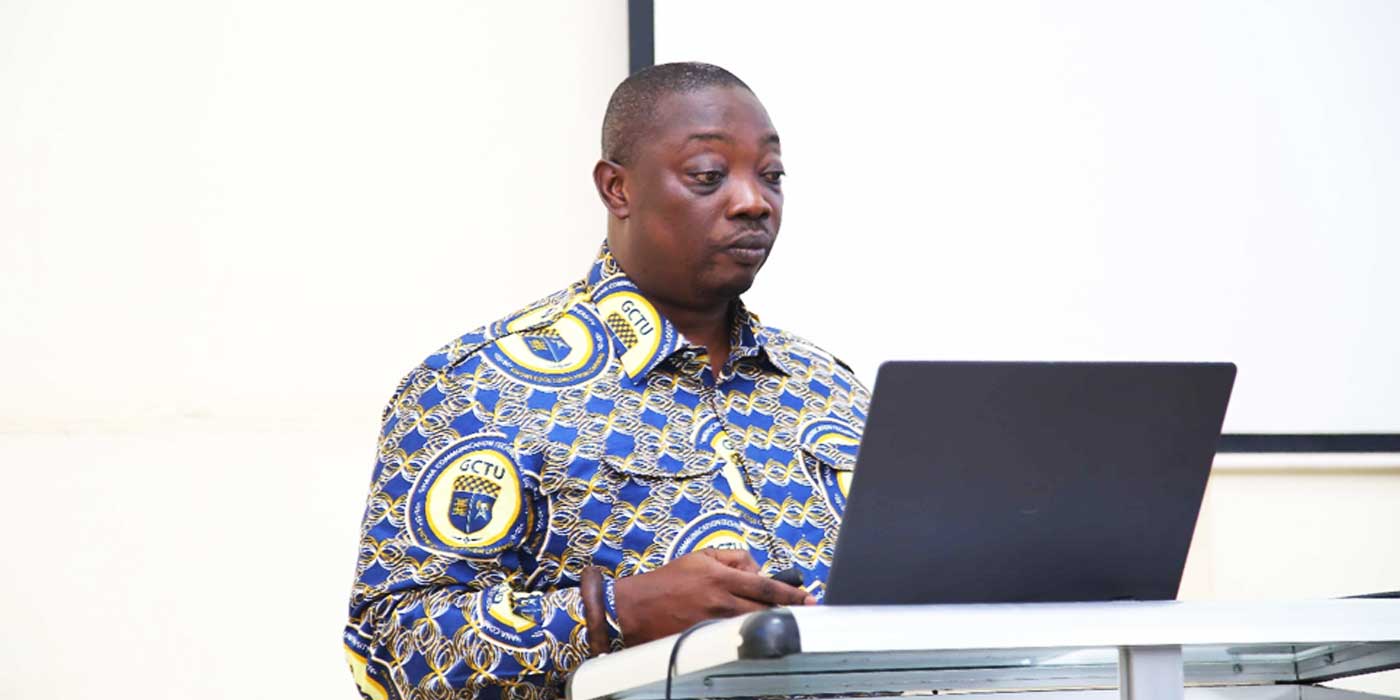
Prof. Afoakwa made a presentation to the mentees to give them what he termed “a clearer understanding of the promotion criteria of GCTU”. He detailed the procedure for promotion to the senior lecturer rank, which is the basic qualification for progression to professorship, and also alluded to the core competences required for promotion, stating, “Your promotion will be assessed on three main areas: teaching, promotion of knowledge, service and Extension”
Specifically, he expatiated on the various core areas:
“The first criteria for anyone to be considered for promotion to senior lecturer is to have obtained your terminal degree (Ph.D). From your date of appointment as a lecturer, your eligibility to be promoted is dependent on the number of years you serve, which is a minimum of four years”.
He advised that at every stage of their career progression, they should concentrate their strengths and efforts on journal articles that should be published in peer reviewed journals that are indexed in Scopus, stating, “People concentrate their strengths on conference proceedings which according to our statutes, carry only half marks. So when you publish two conference proceedings, it’s equal to one paper.
However, it is taken into consideration only when the next criteria has been achieved – you must have conducted original researches out of which you have a minimum number of six and maximum of 10 publications for assessment after appointment as lecturer to your credit, and those publications should be peer reviewed journals and publications that can be found in Scopus”. Prof. added.
He explained further the criteria for obtaining the ultimate rank of professor.
“To reach the ultimate goal of professor, one must be a senior lecturer and must have been on that rank for four years”, Prof. Afoakwa also added that it was integral for “one to have a minimum of 10 and a maximum of 15 publications to their credit”.
The mentees who had been working in groups under the supervision of their coaches, spoke about the impact of the mentorship programme and how it has changed their orientation to academic research and publication. Three months into the programme, they have already written several papers with some of them published in Scopus
Earlier, Prof. Ivy Drafor-Amenyah, one of the three coaches, also discussed the importance of what is known as the Purpose Roadmap with the mentors, which is a framework that establishes the purpose and direction for what the mentees set out to achieve.
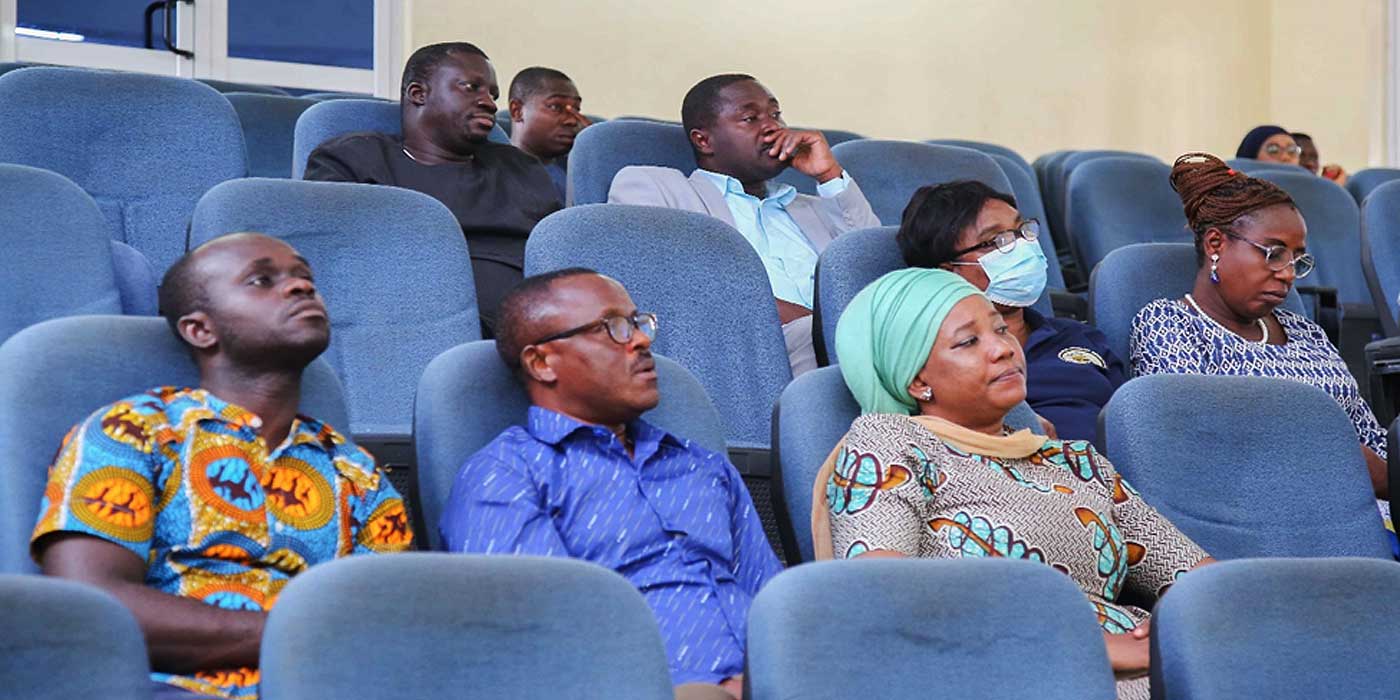
VC said the meetings will be held once every quarter to afford the mentors the opportunity to “impact on what you want to achieve”. However, regular meetings with the coaches will still continue. Overall, the maiden meeting was a notable success, with many key insights, perspectives and experiences being shared.
We share in the Vice-Chancellor’s assertion that the continued progression of our faculty will contribute largely to the development and establishment of our University as a world-class center for research and academic excellence, and we commend the efforts of all involved.


